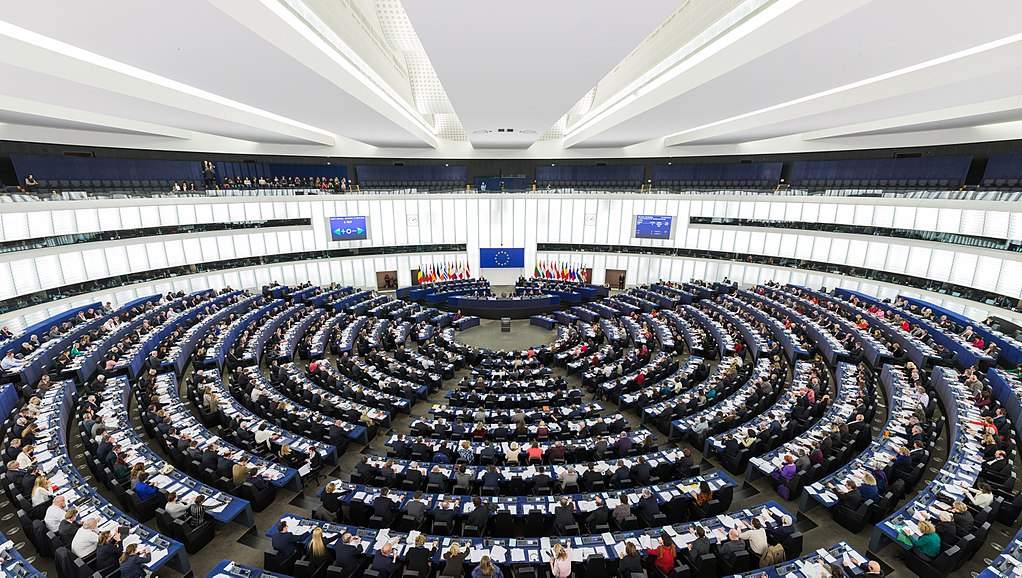European Parliament debates funds for culture 2021-2027: important week
A decisive week has opened in the European Parliament: in fact, meetings of the parliamentary committees are underway with the aim of discussing the European Budget 2021-2027, which will then be the subject of the opinions needed to get to the last step, namely ratification by all member states. As far as culture is concerned, at the center of the discussions is the budget of the Creative Europe program, the main European program dedicated entirely to culture: with its resources, Europe supports creativity in all member countries, funding initiatives to support businesses, artists, professionals, film productions, music, publishing products, inclusions, initiatives such as the European Capital of Culture, European Heritage Days, and more. Traditionally, this is a program that enjoys very limited resources(our in-depth study can be found at this link): for the 2014-2020 multi-year period, resources amounted to 1.46 billion euros (0.15 percent of the EU budget), while for 2021-2027 there will be no major changes, since the figures will most likely be slightly higher.
Initially, in May 2018, the European Commission proposed to raise the budget to 1.85 billion: however, in May this year, as a result of the health emergency, the European Union had to fundamentally revise the 2021-2027 multi-year financial framework and proposed a cut to 1.52. After several negotiations, the latest proposal, made by the European Council on July 21, was to fund Creative Europe with 1.64 billion euros.
In short, while initially an increase in resources was planned, things, especially in the wake of the pandemic, have taken a different turn. As a result, just today the Culture Committee of the European Parliament expressed, as stated in the draft opinion translated into AgCult Italian, “deep regret that the Commission’s proposal has not fulfilled its promises regarding an increase in the resources allocated to these programs, namely tripling the budget of the Erasmus+ program or doubling the budget of the Creative Europe program as requested by the European Parliament, while the Council proposes further irresponsible cuts.” MEPs also complain that “the Council’s proposal for the Creative Europe program is smaller than the Commission’s initial proposal,” and recall that “doubling the program’s budget compared to the 2014-2020 multiannual financial framework is necessary to provide targeted support to the cultural and creative sectors and to fully fund the program’s ambitions and new priorities, as these sectors need adequate investment to foster job creation and funding to complement national schemes.”
The doubling of funding (compared to the 2014-2020 resources) had been clamored for in late 2019 by MEP Sabine Verheyen, and her request was overwhelmingly supported by a large section of the culture sector across Europe: the doubling was seen as necessary since Creative Europe is the only European program exclusively dedicated to the culture and creativity sector and applications for grants far outstrip supply. Very difficult, however, that the request will get satisfaction, especially in light of the events that marked this 2020. But the discussion in the meantime is proceeding.
 |
| European Parliament debates funds for culture 2021-2027: important week |
Warning: the translation into English of the original Italian article was created using automatic tools. We undertake to review all articles, but we do not guarantee the total absence of inaccuracies in the translation due to the program. You can find the original by clicking on the ITA button. If you find any mistake,please contact us.





























